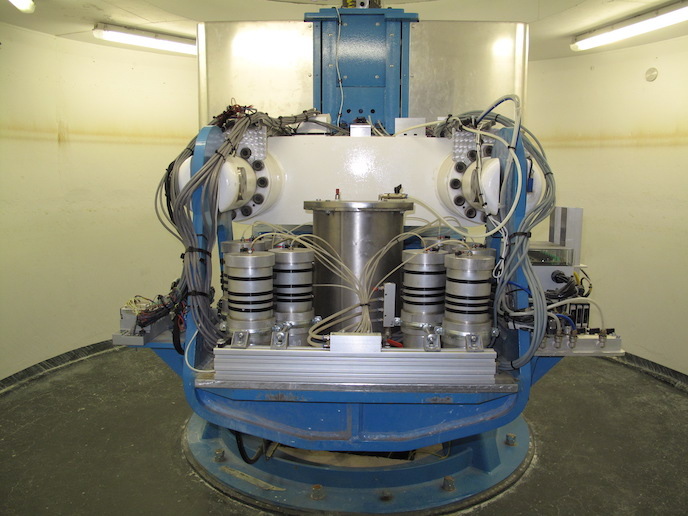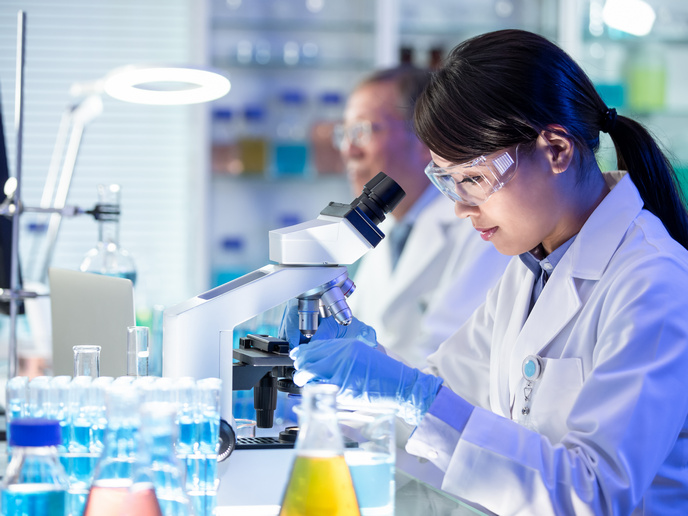Eco-friendly textile wastewater treatment
Colourants have become a major environmental issue for the textile sector, with decolourisation being required for a number of wet processes including finishing, bleaching and dyeing. Research over the last few decades has focused on so-called advanced oxidation processes (AOPs) that may be able to completely decolourise textile dyes quickly without creating harmful by-products. With funding for the ‘Advanced oxidation processes and biotreatments for water recycling in the textile industry’ (ADOPBIO) project, European researchers set out to combine AOPs for decolourisation together with an environmentally friendly bioflotation process (using leaching bacteria that attach to specific substances) for removal of residual organic components to achieve complete decolourisation for all kinds of wet processes. Investigators analysed a variety of textile processes and conditions, selecting the most representative for further tests. They conducted laboratory tests on numerous commercial substances using a series of different reactors for the AOP and bioflotation processes. They then designed the treatment system prototype and controlling software based on an artificial neural network (ANN). The treatment system and a dying machine were manufactured and the process tested. All ADOPBIO objectives for decolourisation and water reuse were successfully met. Operating costs will be dependent on various dying processes used at individual factories. Commercialisation of the ADOPBIO results has the potential to significantly enhance textile wastewater remediation while protecting the environment not only from harmful substances in the wastewater but also from harmful by-products of standard decolourisation processes – good news for the textile industry and for the planet.







